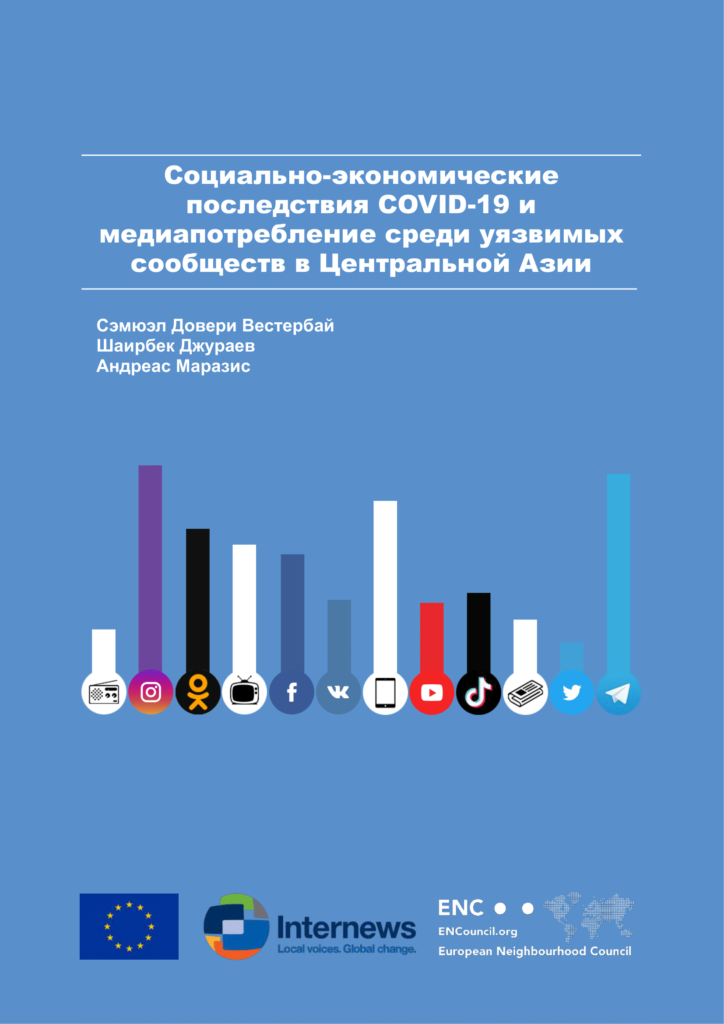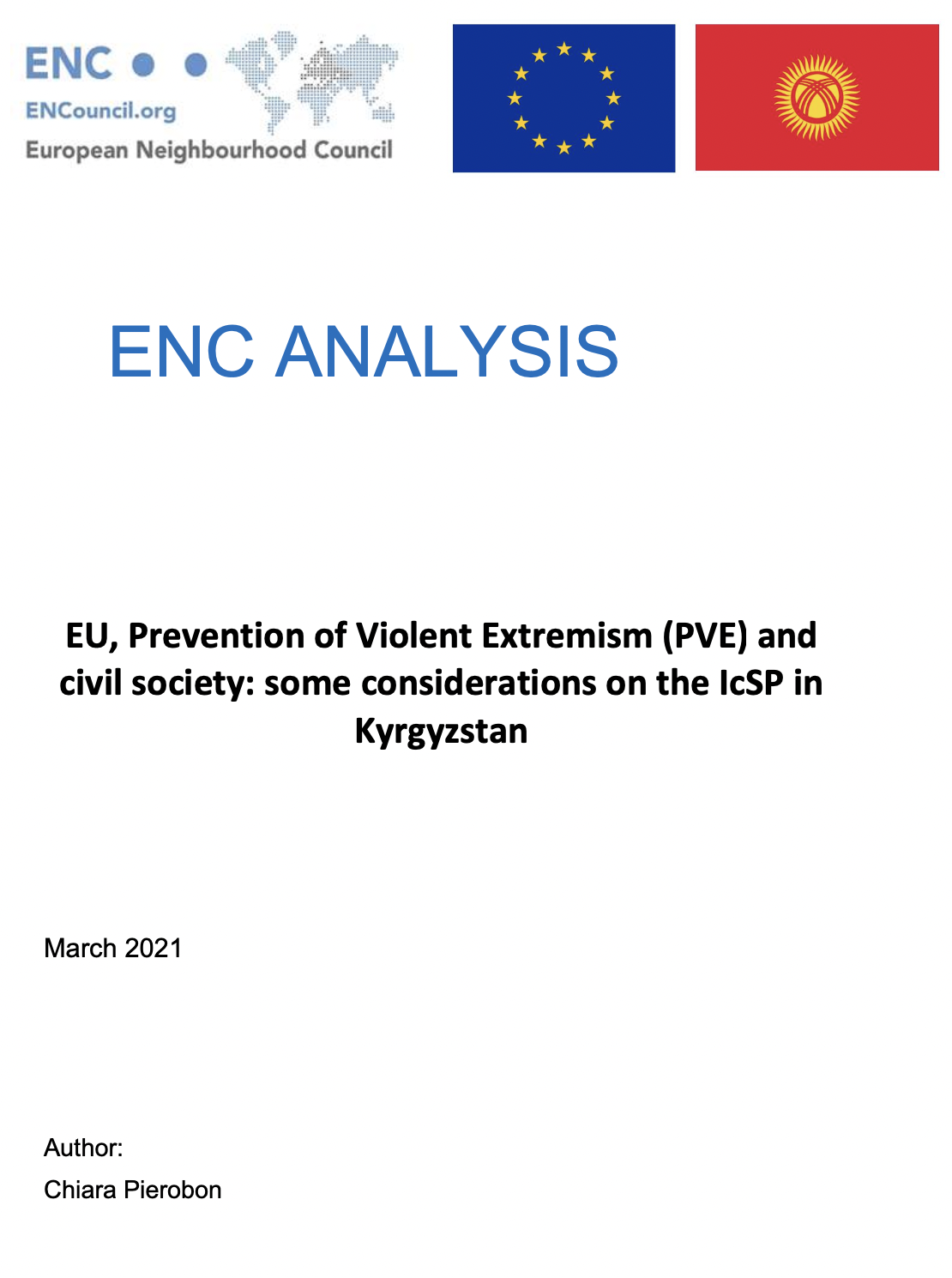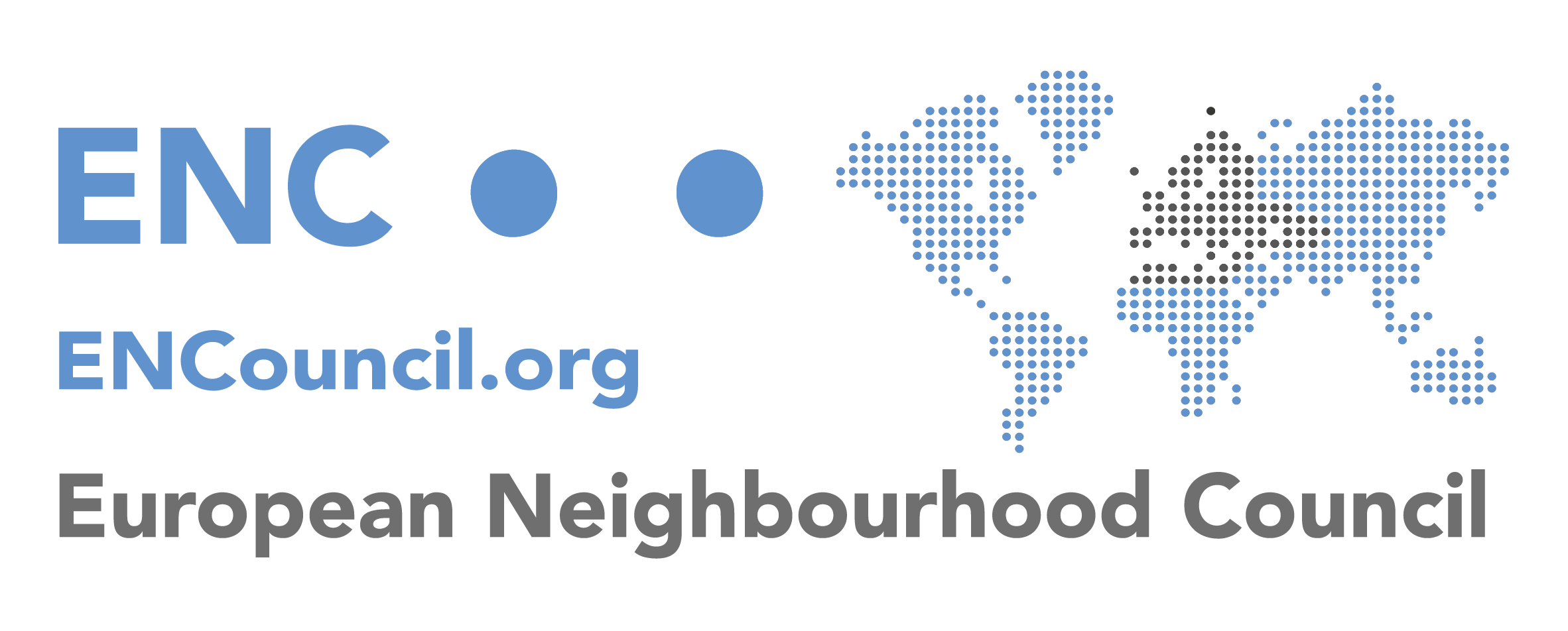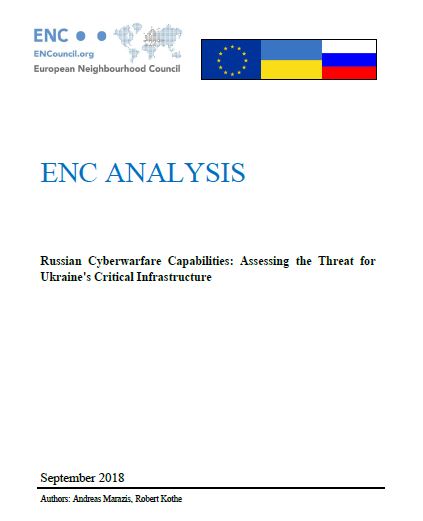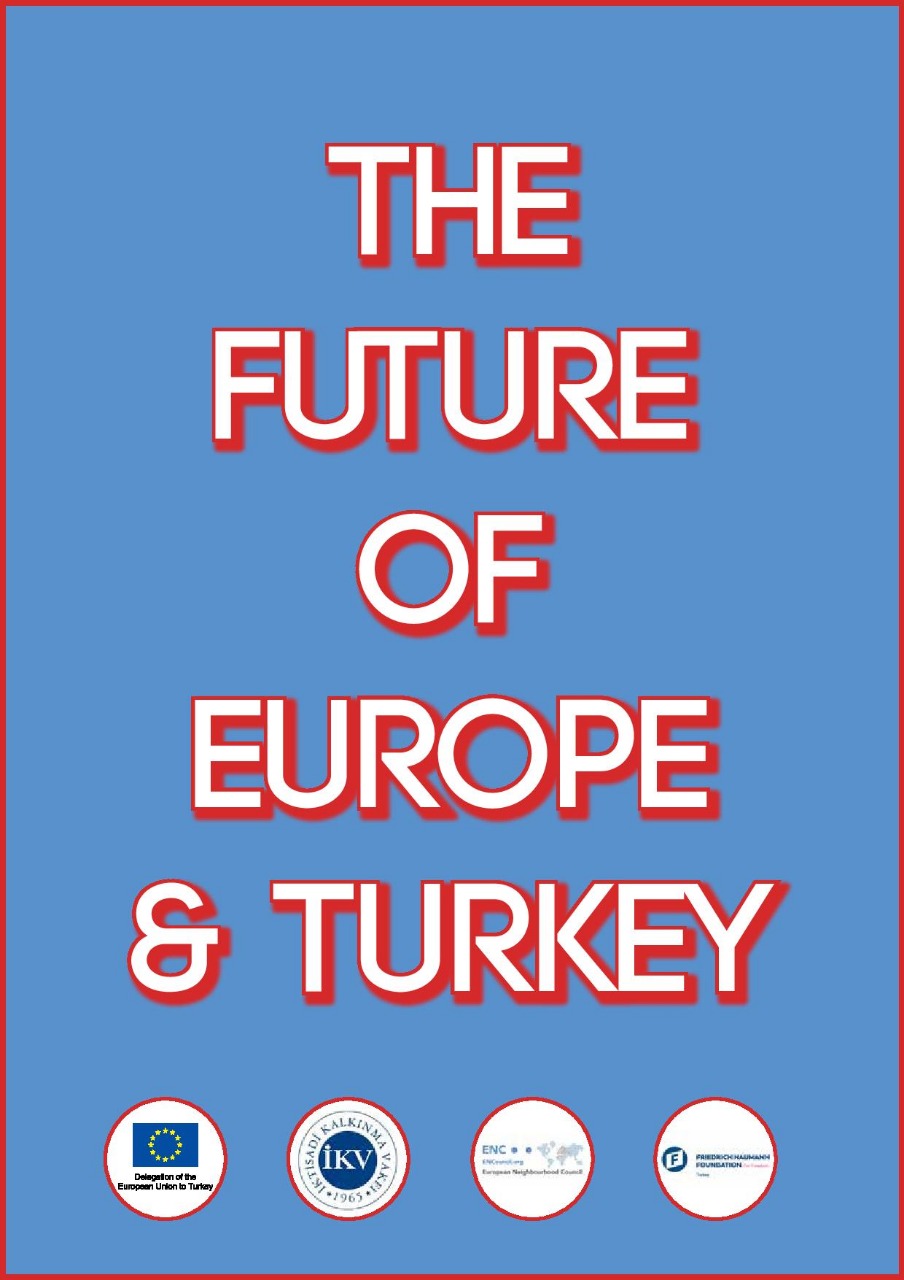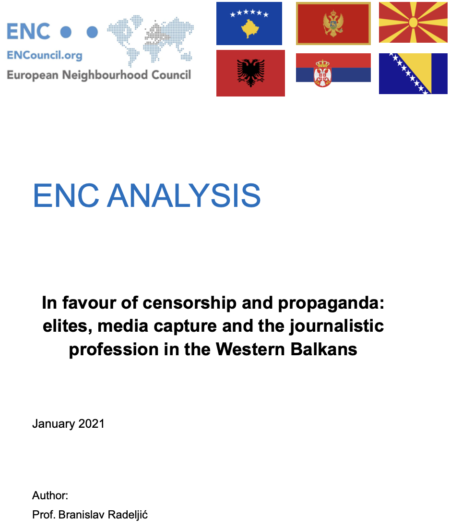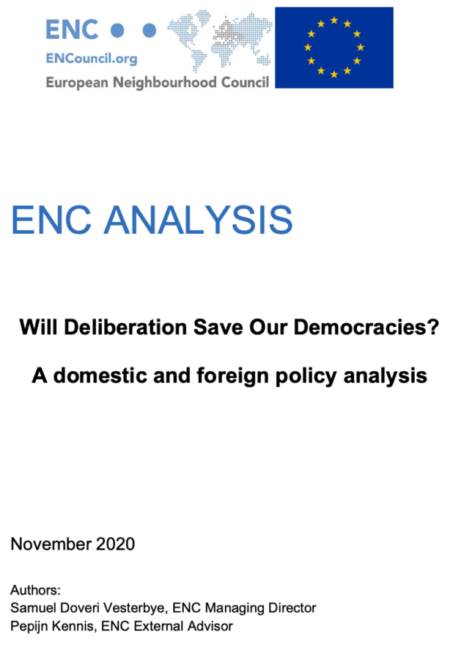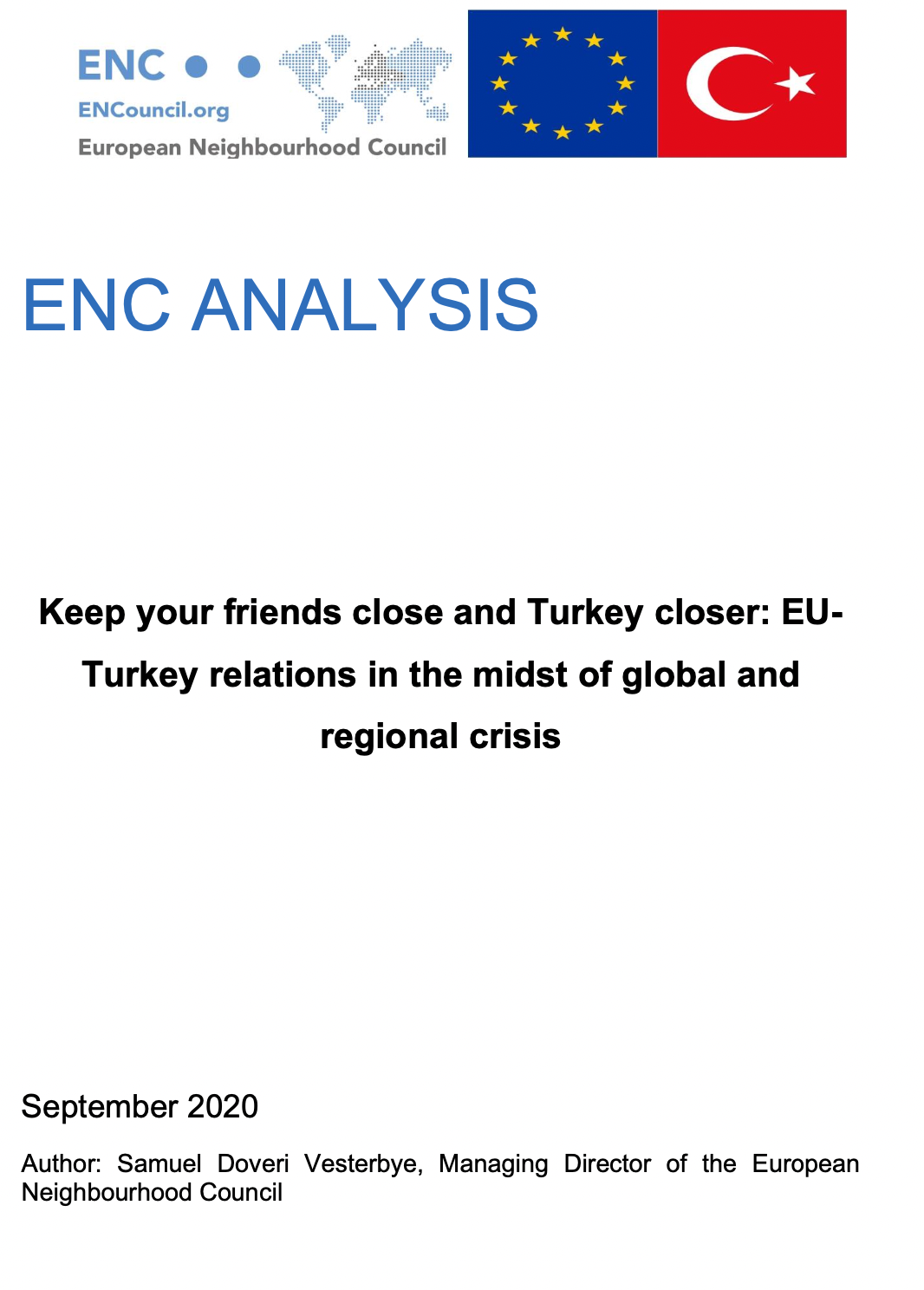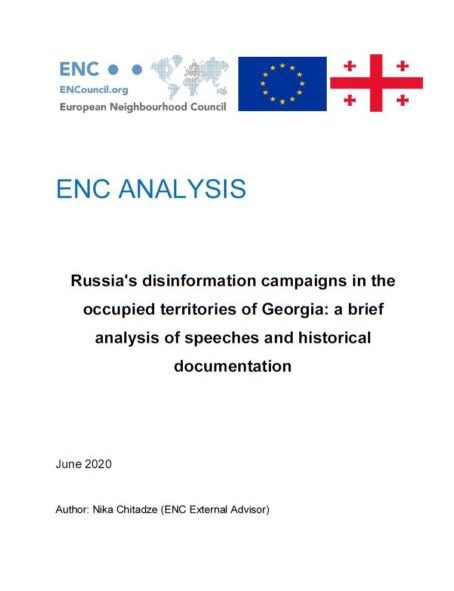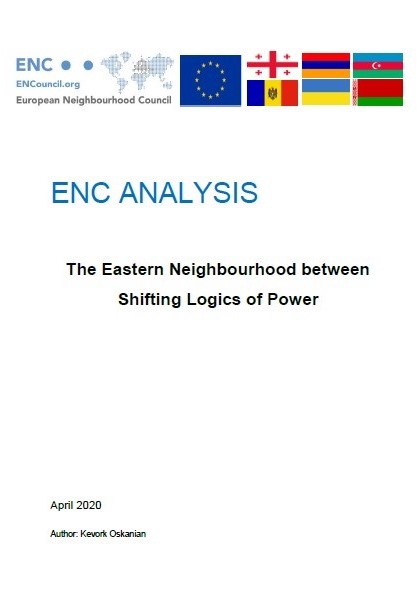ENC Study: Socio-economic Impact of COVID-19 and Media Consumption among Vulnerable Communities in Central Asia
Central Asia has faced significant challenges during COVID-19, particularly among vulnerable communities who have been disproportionately affected by the economic and social impact of the pandemic. A new report from the European Neighbourhood Council (ENC) and Internews titled “Socio-economic Impact of COVID-19 and Media Consumption among Vulnerable Communities in Central Asia” sheds light on the impact COVID-19 on media consumption habits in the region. The report is part of the “Strengthening Resilience to Radicalisation and Disinformation in Central Asia through Independent Media (Phase II)” project, produced with the financial support of the European Union and implemented by Internews.
This study includes both quantitative data from a survey of nearly 2,000 participants and qualitative data from in-depth interviews conducted among 500 members of vulnerable communities and 120 content producers, including journalists and bloggers, across Central Asia. During the COVID-19 epidemic, the research study mapped the media and information consumption habits of vulnerable communities, such as labour migrants, refugees, stateless people, and racial minorities, while also identifying their vulnerabilities and risks of social isolation in Kyrgyzstan, Tajikistan, Uzbekistan and Kazakhstan.
Overall, the COVID-19 pandemic has had a significant impact on media consumption in Central Asia. The first tendency is a rise in news consumption, particularly news on the pandemic. Both the demand for information regarding the pandemic and the general growth of public interest in news will probably continue to be higher than they were before to COVID-19.
The second trend is the link between the type of media and people’s perception of trustworthy information. Online media are viewed as a source of fake news by many media consumers. There is also a significant group of respondents who trust established news websites more than traditional media (because of association with government control) and social networks and messengers. The study argues that because the landscape is continually changing and becoming more fragmented, it is becoming harder to maintain a dichotomy between traditional and new online media. Consequently, it is necessary to break online media into other groups in order to better understand how trust is perceived rather than classifying it as one form of media.
Finally, the COVID-19 crisis has exposed the problem of fake news dissemination, and there is no consensus on what makes news “fake” and how to best distinguish between false and accurate information. Content producers use techniques like fact-checking, but consumers often have opposing views on what makes news “fake”. False information can spread quickly through a variety of media channels, including social media and online messaging services, which are challenging to regulate. This creates a major challenge for governments and media producers to effectively address the problem of fake news and information manipulation.
The full study is available here for those interested in getting comprehensive information on each Central Asian state (Kyrgyzstan, Tajikistan, Uzbekistan and Kazakhstan) and the impact of pandemic among vulnerable communities. This study also provides recommendations on how to address the impact of the pandemic on media consumption habits, support vulnerable communities and tackle the spread of fake news for governments, international donor communities, non-governmental organisations, policy-makers and media producers.
Tab to download the report (English), Executive summary (English) and Infographics (English)
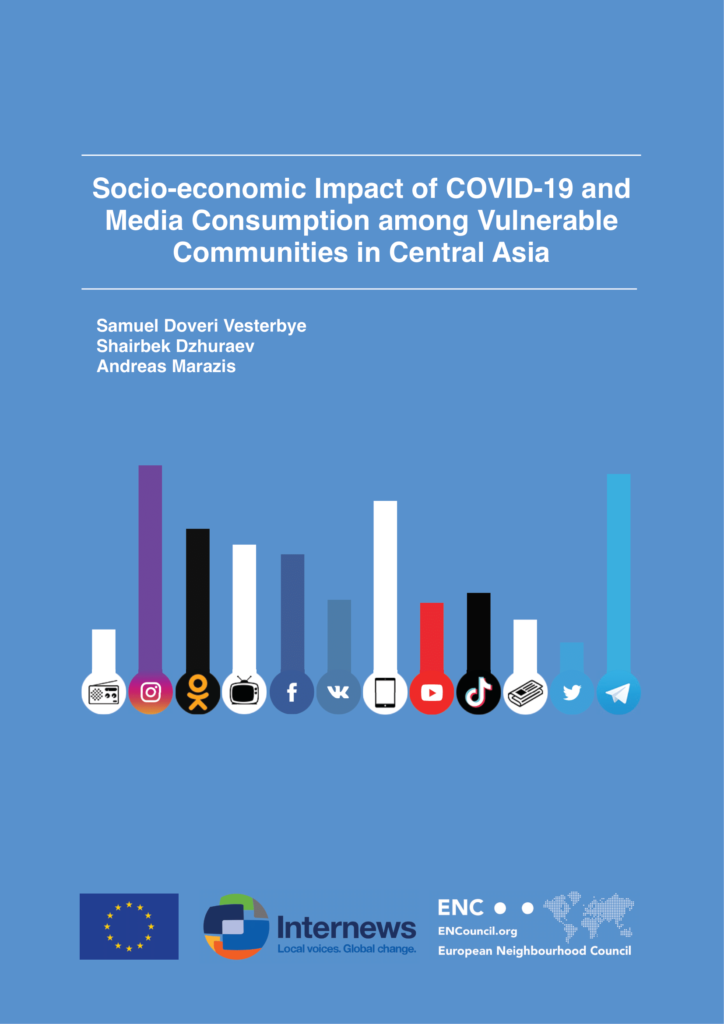
Tab to download the report (Russian), Executive summary (Russian) and Infographics (Russian)
